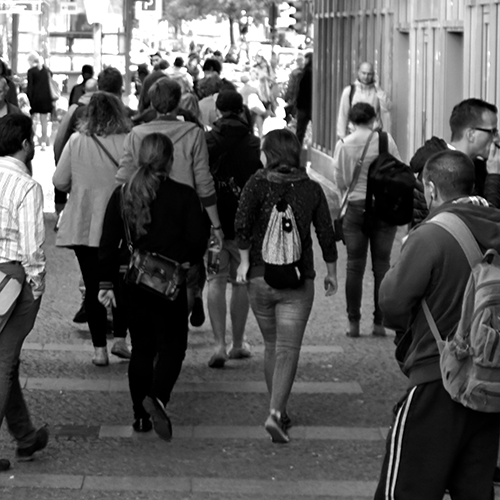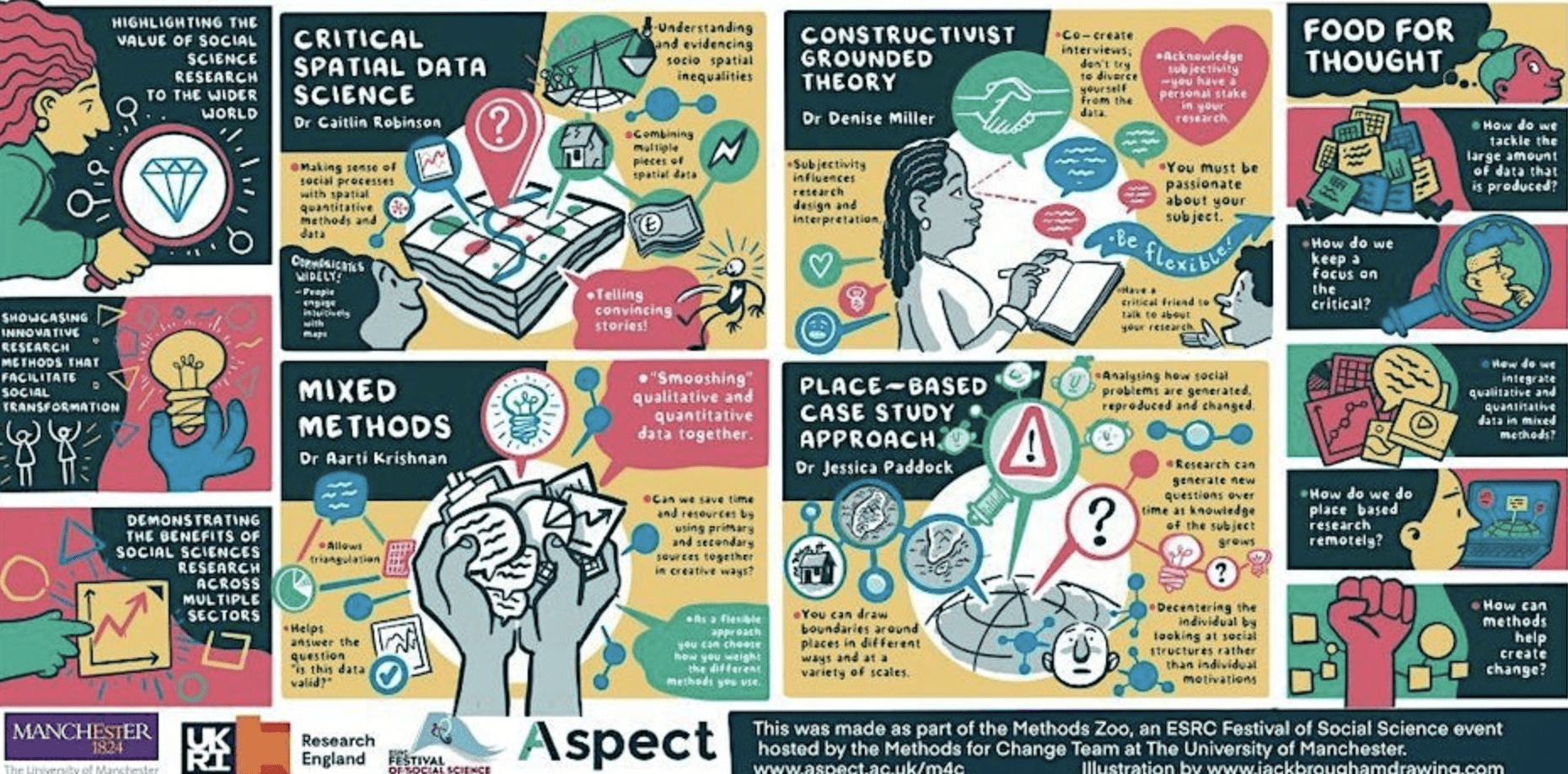Aspect webinar: Building resilient communities and businesses in the ‘new normal’
The evolving use of urban space is being accelerated by rapid changes in the climate, mobility, labour market restructuring, housing, welfare regimes and globalisation.
As a result, urban environments – and, related to this, the sustainability of communities and businesses – are an increasing area of focus for social scientists.
This session explored:
- How communities, academia, industry and policy makers can come together to innovate and ensure communities are not left behind – and how universities can help bridge the rural-urban divide to support this
- How research can help to build sustainable and resilient businesses, particularly in the current environment
- The practicalities for knowledge exchange professionals in achieving impact in these areas
Our panel of experts represent the academic community, knowledge exchange practitioners and industry, providing a range of perspectives and insights on the above issues:
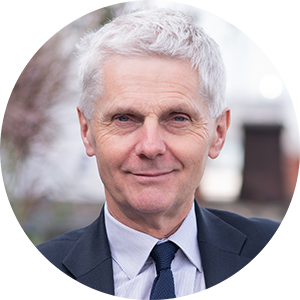
Professor Tony Travers (Chair)
Tony is a Professor in LSE’s School of Public Policy and in the Department of Government. His key research interests include cities, local and regional government and public service reform. His knowledge in these areas is frequently sought by policy makers and he has advised a range of select committees and think tanks.
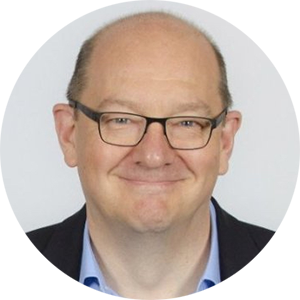
Professor Douglas Shand
Douglas is Professor of Leadership and Enterprise at the School of Interdisciplinary Studies, University of Glasgow. He roots his research on the economic development of rural areas and is particularly interested in the introduction of new and disruptive technologies into the rural economy and their impact on economic growth. Douglas is also interested in building resilient local business solutions and developing policy to support owner operated SMEs.

Rachel Middlemass
Rachel is the Research Impact Manager at the LSE. Her role includes advising academic departments and individual researchers on the development of impact strategies; providing knowledge exchange and impact training to PhD students; contributing to internal decisions about knowledge exchange funding and activity; and supporting the development of REF impact case studies. She is also leading the LSE’s response to the forthcoming Knowledge Exchange Framework (KEF) and Knowledge Exchange Concordat. After completing a PhD in medieval history, Rachel has worked on knowledge exchange and impact in a range of higher education institutions. Prior to LSE, these included UCL, the University of East London and Nottingham Trent University.
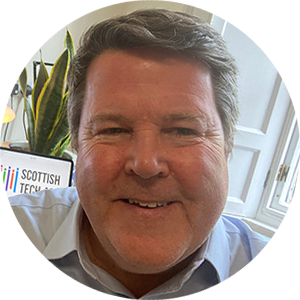
Peter Jaco
Peter is an experienced entrepreneur and spends his time helping cyber and deep tech early stage technology companies scale. He currently Chairs UK SMEs CyberOwl and Immense Simulations. At the outset of the COVID-19 pandemic he co-founded the Scottish Tech Army COVID-19 response force, which now has over 900 volunteers involved with delivering over 100 projects to Scottish charities and the Scottish Government.
Following brief remarks from each of our panellists, we were open up to questions.
Photo credit: Photo by Ingo Joseph from Pexels
